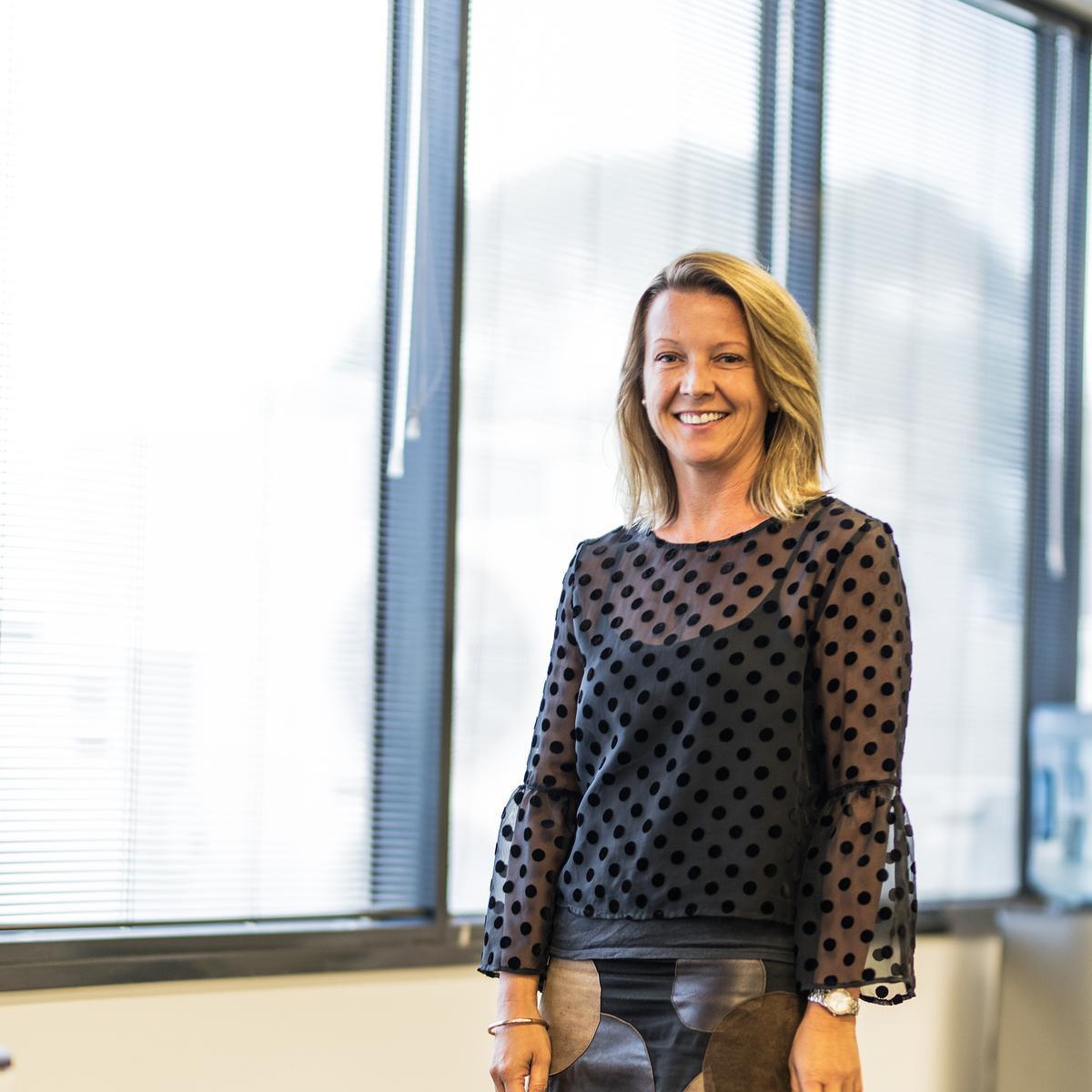CEO Report

As the year draws to a close, I hope you can take some time to reflect on your child’s kindergarten journey with us.
For some of you, kindergarten may have been something new for your family at the beginning of 2024. For others, you may have returned for your child’s second year of kindergarten, or trusted us with your second, third or even fourth child. Whatever scenario you fall into, the end of the year is a time of transition. With that brings joy, sadness, trepidation and excitement.
The focus of our term 4 newsletter highlights this important topic, and how we as adults, can best support our children as they navigate the transition ahead.
As parents and caregivers, we try to create a world of structure and predictability for our children. We work hard to give them routines, a regular schedule and consistent expectations. We aim to make their lives predictable, stable, safe and secure. As they grow up, we hope that this early experience will be internalised as a kind of centeredness, and that they will be resilient in a world of change.
Children generally enjoy spending time doing what they have already mastered. At the same time, children are inherently driven to keep learning and exploring new things and adapting to change. However, they like to explore from a safe and secure place, which is mostly achieved when they feel supported by someone who they know is intently focused on their wellbeing. This is why it’s very important to be a ‘bridge’ to help your child build the connection and trust with a new person or environment.
Young children need to be with attachment figures, those they are bonded with. It’s important that your child can feel confident in having their needs met. They want to feel cared for by those they trust. They also want reassurance that the special and significant people in their lives will truly focus on them, care about them and patiently help them adapt to their new environment or activities. It is critically important that when your child is going to be with another adult or carer, instead of telling them to ‘be good and do what they’re told’, to encourage them to make sure they tell the adult what they need.
It is also important to remember that even at the best of times, when there are no major transitions or changes to deal with, children are encountering words, items, ideas, places, and people that they are unfamiliar with. Things that we as adults, do not think twice about, they are having to learn and come to terms with. This takes a lot of energy and can at times be frustrating and overwhelming. It is important that we understand that for children, their lives are filled with transitions daily. Some are just bigger than others.
Many children need extra support and seek out more hugs, more stories before bed and more attention in general. It is also not unusual for children to regress at such times. The four-year-old who has long since been toilet trained might have a few accidents. The three-year-old who has been happily sleeping in their own bed wants to sleep with her parent/s. It is important for parents to know that your child’s development isn’t linear, and regressions are very normal.
To support children in their transitions, clear communication is key. Take the time to communicate the changes, the time frames and the opportunities ahead. Whilst the list below focusses specifically on the transition to school, they are useful ideas to support any transition:
- Talk positively and confidently about starting and attending school
- Speak with your child about the change in their daily routine, how will they get to school, what time they need to wake up in the morning and what they will have in their lunch box
- Visit the school with your child before they start so they’re familiar with the classrooms, playground equipment, drink fountains, toilets, sick bay, etc.
- Meet the teachers that may be working with your child and speak about them positively to your child
- Tell your child about support systems that the school offers (e.g. if there is a buddy system where an older child supports your child in their first year of school)
- Read books together about starting school
- Be involved in your child’s school community (e.g. participating in orientation days or other social gatherings like school fetes and welcome barbecues)
- Attend school events
- Develop relationships with other parents, especially other parents of your child’s friends
- Establish good attendance patterns for your child
- Develop family routines at home to support your child’s learning at school (e.g. read with your child each night, help them with any homework etc).
Martin Luither King, Jr captured it well when he said, ‘Transitions are a time for reflection, and a time for looking forward.’
I wish you well in the transitions that lie ahead.
Samantha Kolasa


